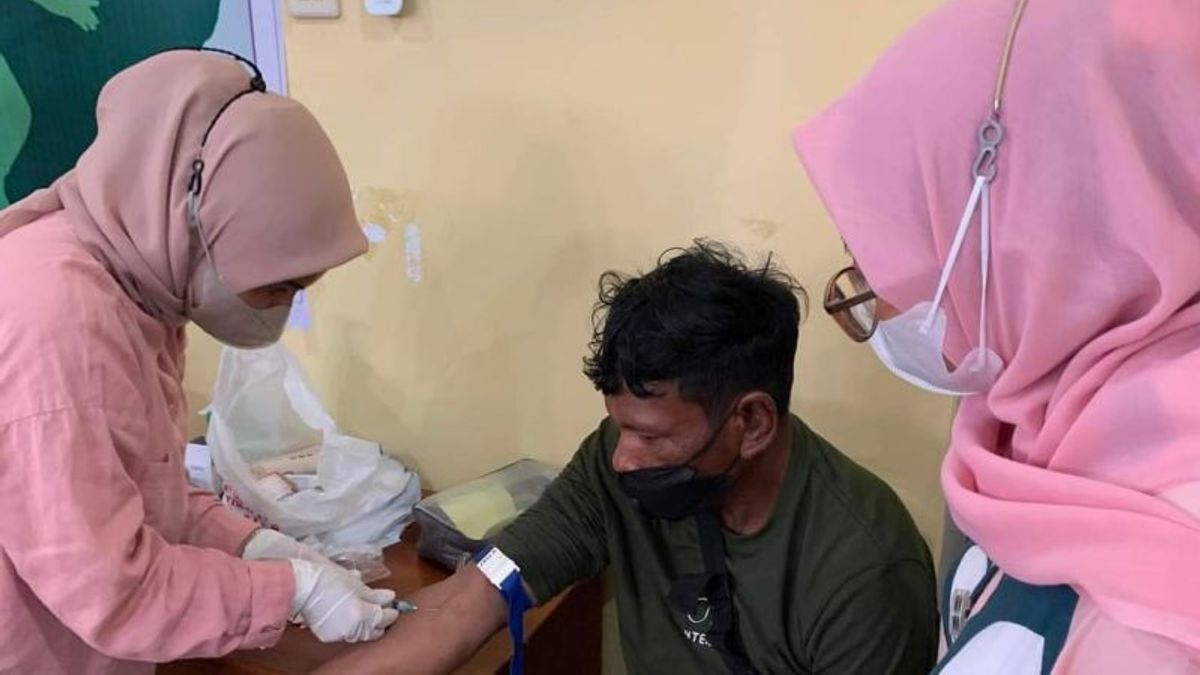JAKARTA - Sub Kord. Control of Infectious Diseases and Wasor Kusta of the South Sulawesi Health Office, Ernawati, said that the high stigma against people with layoffs made it difficult for health workers (nakes) to find cases early.
"This stigma makes it difficult for us to find cases early," Ernawati said in a webinar entitled "Student Real Actions for Kusta", quoted by ANTARA, Thursday, May 25.
In fact, said Ernawati, there are still many common transmissions in Indonesia and second-degree defects due to delays in the treatment of this disease are still high.
His party said this stigma was not only by the surrounding community, but also by the family, and even the sufferer himself.
"If someone suffers from death, he doesn't want his family to know that he is suffering from death, maybe for fear of being divorced, he is afraid of being ostracized," he said.
The stigma from the family also makes it difficult to give medicine to sufferers.
"What should be treated, this is not treated. Even though if it is not treated, this is a source of transmission, at least in his family," he said.
Ernawati said that new cases in Indonesia currently reached 12,416 cases. The number of new cases of Badminton Multi Basiler reached 11,146 cases.
The number of new cases in women is 4,506 cases. The proportion of child cases among the new cases is 9.89 percent.
"The target given should be below 5 percent, meaning that transmission of marijuana in Indonesia is still very high," he said.
Meanwhile, the proportion of disabilities at level 2 among new cases reached 6.37 percent.
"The proportion of defects is level 2 among new cases of 6.37 percent, while the target must be below 5 percent, meaning the rate of delay in finding cases of fire is still high," said Ernawati.
The English, Chinese, Japanese, Arabic, and French versions are automatically generated by the AI. So there may still be inaccuracies in translating, please always see Indonesian as our main language. (system supported by DigitalSiber.id)








